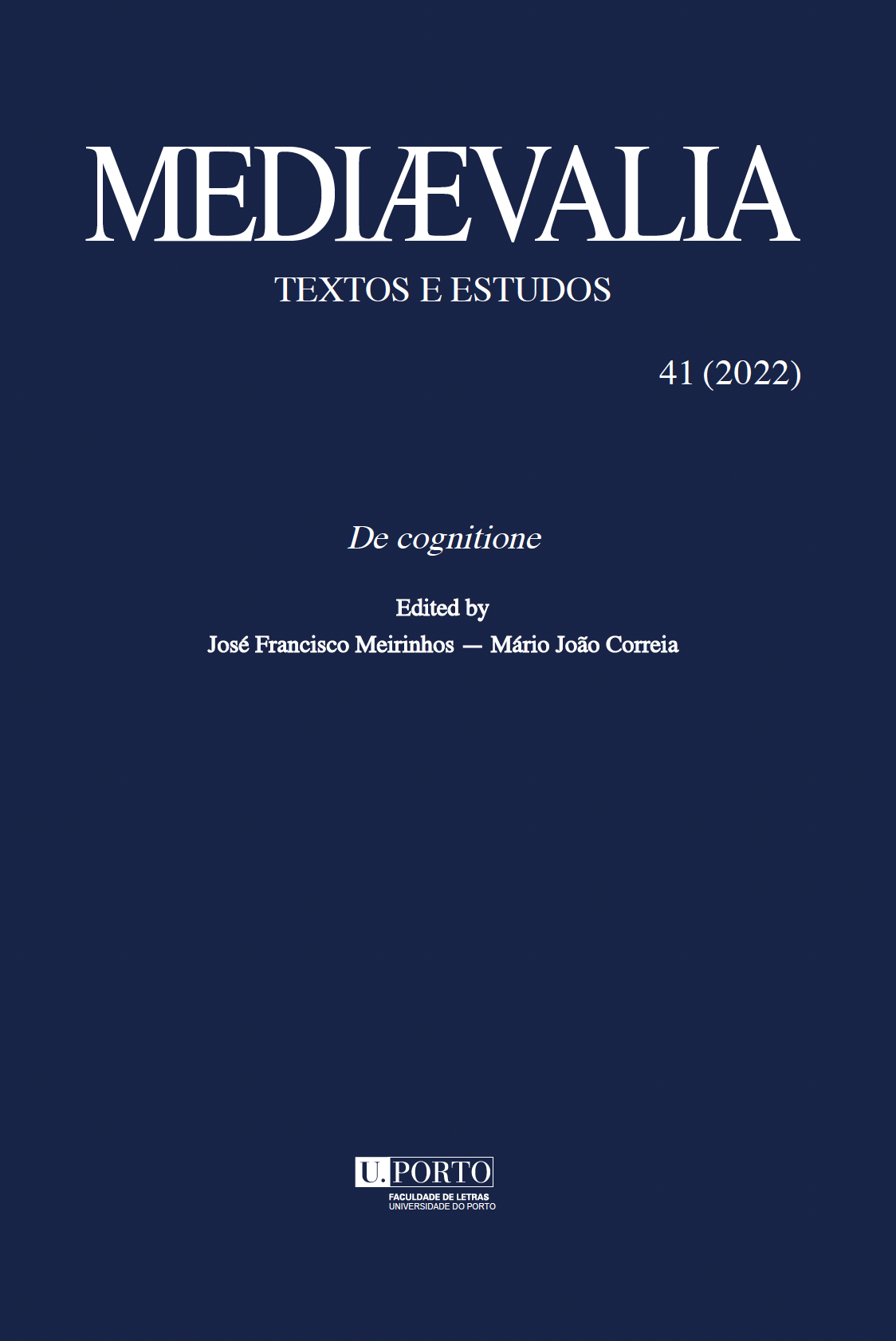The epistemology of the ‘Athenagoras’ of De Resurrectione and the role of truth in demonstration
Abstract
In the dialogue between Christianity and Hellenism during the second and third centuries, apart from the confrontation of ideas itself, a set of arguments is elaborated that will mark the development and style of later apologetics. The treatise On the Resurrection of the Dead —traditionally attributed to Athenagoras of Athens—, in addition to bearing witness to these arguments, presents a justification for his own approach and a classification of arguments that depends on their relationship to the truth. He distinguishes between arguments “for the truth” (ὑπὲρ τῆς ἀληθείας) and arguments “concerning the truth” (περὶ τῆς ἀληθείας). The first are intended to refute what is not considered true; the latter seek to positively pursue knowledge. The former are considered superior in terms of utility; the others, in terms of demonstrative force. The author distributes his own arguments in this classification, proceeding in different ways depending on the content. In this presentation, we analyse how the premises assumed as truth are a condition for the treatment of each subject in this work; how that affects the burden of proof legitimizing scepticism regarding a claim when there are no guarantees of truth for that claim; and how these different types of reasoning operate in general.
Keywords: “arguments for the truth”; “arguments concerning the truth”; demonstrative force, natural order; burden of proof.
Downloads
Published
Issue
Section
License
Copyright (c) 2023 Rúben Acuña Fernández

This work is licensed under a Creative Commons Attribution-NonCommercial-NoDerivatives 4.0 International License.







